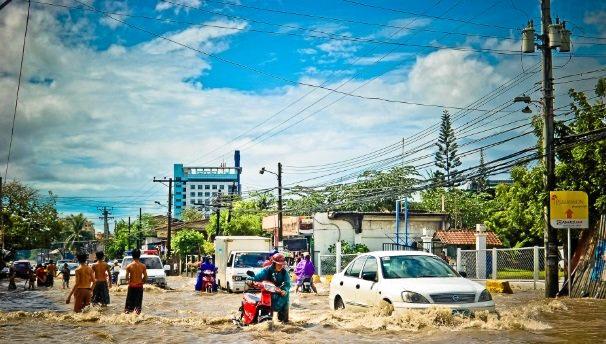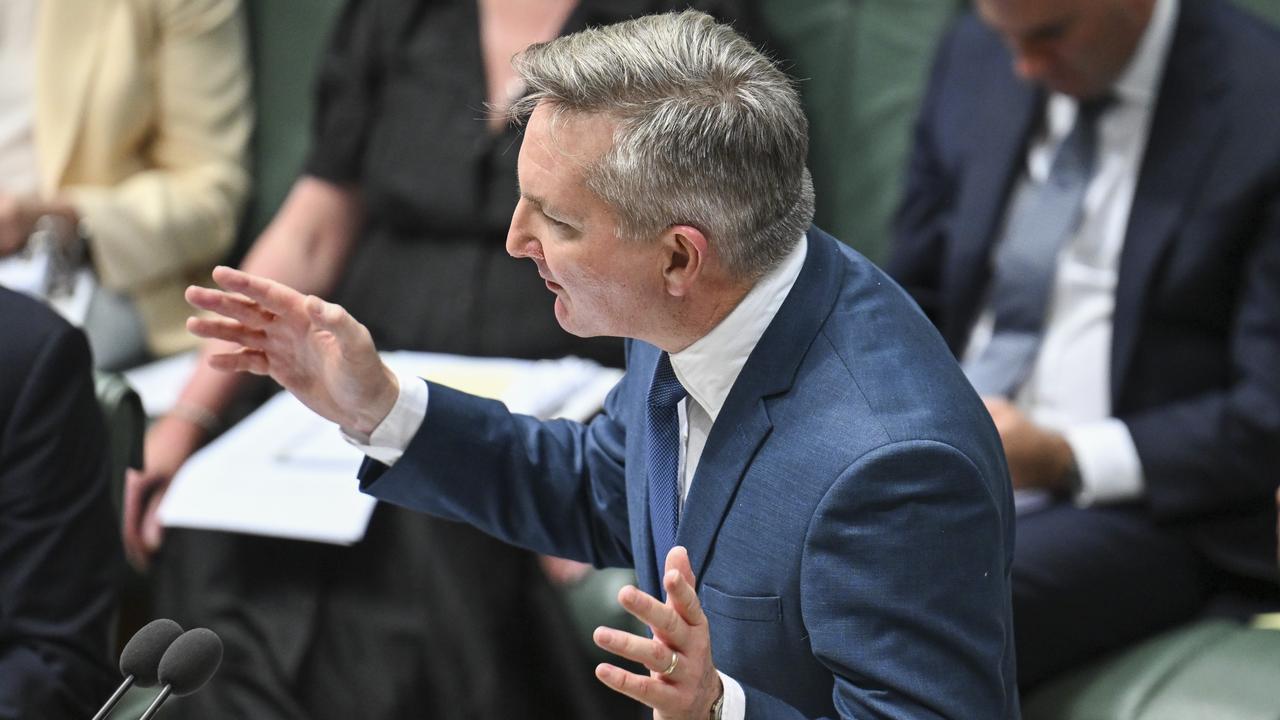Why we can't ignore Federal Election elephant
Bill Hoffman argues the election campaign has failed to address the real challenge to our economy.

Opinion
Don't miss out on the headlines from Opinion. Followed categories will be added to My News.
OPINION: BILL HOFFMAN
THE danger about reducing our response to climate change to a dispute over energy policy is that it leaves the elephant not just in the corner, but outside the room.
The size of the bloody thing is the problem. It certainly didn't find its way through the doors and up the stairs and into the room for the otherwise entertaining and informative Sunshine Coast Daily Futures Forum with Bernard Salt this week.
That event like the federal election campaign that's been going on was all about brighter futures, prosperity and growth both economic and in population.
The last thing that's needed is a massive dose of reality crashing in and confusing the narrative.

But ignoring it won't make it go away. Nor will denying its existence or pretending its not an elephant but a Trojan horse come to steal our "tradies' utes".
A new report released this week by the Climate Council has made startlingly clear what the stakes are and why the wilfully ignorant, doggedly dumb, science deniers and cheap political opportunists need to be dealt out of the game by leaders with a capacity to face reality.
Compound Costs, a report prepared for the Climate Council by climate risk expert Dr Karl Mallon, has identified a property market value loss of $571 billion by 2030 due to extreme weather.
The Sunshine Coast has been ranked third behind the Gold Coast and Ipswich among most at-risk local government areas in Queensland.
The primary threat to the two Coasts is inundation while flooding is the former coal town's Achilles heel.
The negative impacts of climate change weather events would only escalate through to 2050 by which time the Queensland Government and Sunshine Coast Council are not planning a meaningful response but to add another 200,000 people to the region's population, generally in areas at greatest threat.
On the Gold Coast the State Government has yet to make any meaningful intervention in a hair-brained council scheme to build an open-ocean cruise ship terminal anchored to a fragile sand spit that itself has no hope of long-term survival.
Until planning schemes, urban footprints and development approval processes begin to respond to what's now shown on local authority climate change flood mapping we will continue to walk the future towards unnecessary disaster.
Dr Mallon said Australians were also going to struggle to pay for home insurance.
He says on current trends, by 2030, one in every 19 property owners faced the prospect of unaffordable insurance premiums.,
Already policies do not cover damage from coastal inundation.
There's a reason for that which has been conveniently ignored by those who should be giving it their absolute attention.
The nation's farmers are increasingly recognising the threat. It's hard for people attuned to the ebb and flow of nature's cycle to ignore what's happening in front of them.
Compound Costs, which was informed by the latest data from Australian universities, has found the worsening of extreme weather events including heat waves and floods was creating havoc with food production.
On current trends reduced agricultural and labour productivity was projected to cost Australia $19 billion by 2030 and $211 billion by 2050.
There are valid reasons why so many conservative independents are running as candidates in this federal election but none more so than a shared concern about climate change inaction.
Energy policy may be a way of mitigating the very worst of where our current trajectory is taking us, but it by no means should be the sole consideration.
Australia may produce only a fraction of global greenhouse gas emissions. But we like the rest of the globe will share the impacts of extreme weather and inundation that nothing now can be done to stop.
The need to adapt to those changes is what's being ignored by politicians during this election cycle and by planners, Premiers and city fathers more interested in short-term economic numbers than the realities they mask.
Compound Costs has found "direct macroeconomic shocks from climate change, including reduced agricultural yields, damage to property and infrastructure and commodity price hikes, are likely to lead to painful market corrections and could trigger serious financial instability in Australia and the region".
And further that "Australia's greenhouse gas emissions have been rising for four years and we are not on track to meet our weak 2030 emissions reduction target. If the world followed Australia's approach we would be on track for at least 3-4C of global warming, which would have catastrophic economic consequences".
That's some elephant and it can't be ignored.
Originally published as Why we can't ignore Federal Election elephant






